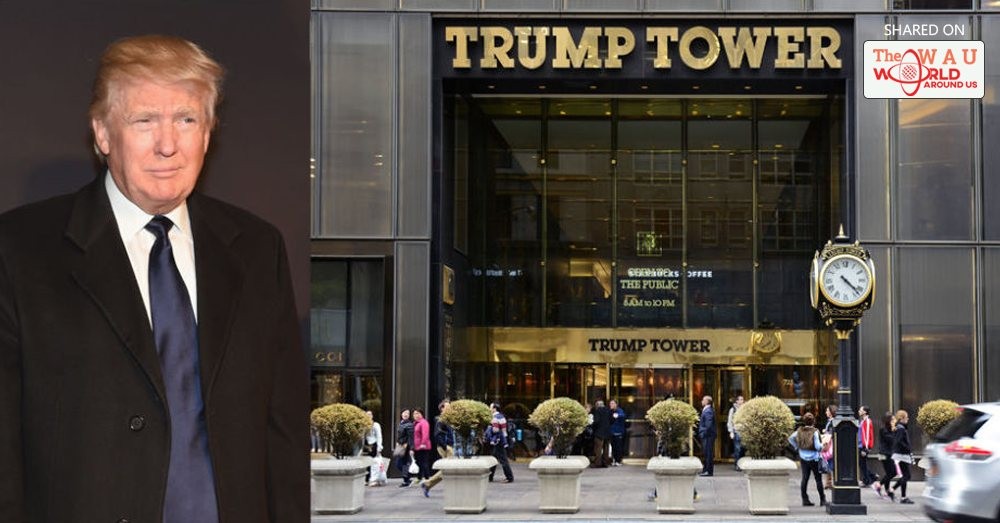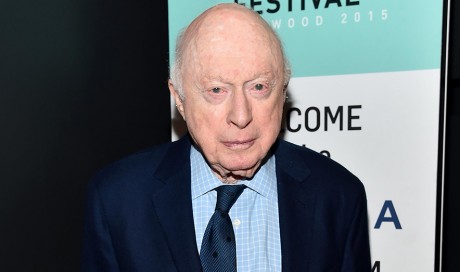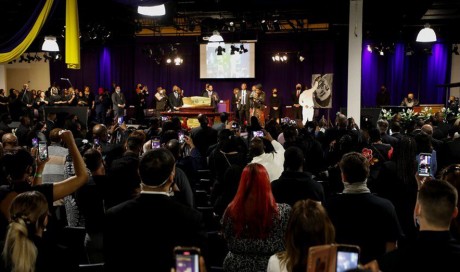With business interests around the globe -- including 144 companies in 25 countries -- president-elect Donald Trump's administration will face conflict of interest concerns many analysts have called unprecedented.
While the majority of U.S. presidents -- especially those who served in the 20th century -- have been individually wealthy, Trump will begin his term as the wealthiest president in the country's history. Trump has an estimated net worth of about $3.7 billion, according to Forbes.
Previously, George Washington was the wealthiest U.S. president in history, with a fortune worth $525 million in adjusted figures, a USA Today report found. Thomas Jefferson, the nation's third president, was worth an estimated $212 million, while Theodore Roosevelt, the 26th president, was worth about $125 million.
On the low end of the scale are Presidents Harry S. Truman, Calvin Coolidge and Woodrow Wilson, who were all worth less than $1 million in adjusted dollars.
But it's not just Trump's fortune that could create conflict of interest problems. Trump, best known for his real estate empire, owns a large number of buildings -- but an even greater number of buildings bear his name. The owners of those properties pay Trump to use his name, which has become synonymous with luxury in some corners of the world.
The problem, as The New York Times notes, is that Trump's actions as president could impact not only his own businesses, but those of the people he deals with.
"That issue is especially challenging because so much of Mr. Trump’s work could make his company richer or poorer, and therefore his motivations could be questioned about a multitude of decisions," The Times' Peter J. Henning wrote.
It could also pose problems domestically, former White House ethics lawyer Richard W. Painter argued in an editorial for CNN.
Among the campaign promises that connected with voters was Trump's pledge to "drain the swamp," purging Washington politics of insiders and special interest groups. Painter says Trump will have a difficult time doing that while he remains the de facto head of the Trump Organization.
"Unless these problems are fixed, his administration will have little credibility in ethics by the time he reaches the White House -- and that will mean reform of the rest of Washington will be very difficult," Painter wrote.
Experts and ethicists have recommended steps, from blind trusts to divestment, aimed at reducing the likelihood of conflicts of interest. But Henning says that Trump could also follow a widely-accepted corporate model of transparency. Essentially, the president-elect would notify congress and the public ahead of time of any decisions which could impact his business holdings.
"The key to dealing with conflicts, whether actual or potential," Henning wrote, "is transparency about any decision that could have an effect on Mr. Trump’s business interests if he decides not to divest his holdings or create a truly blind trust."
Share This Post












